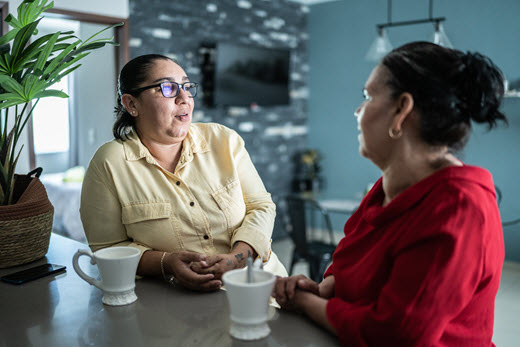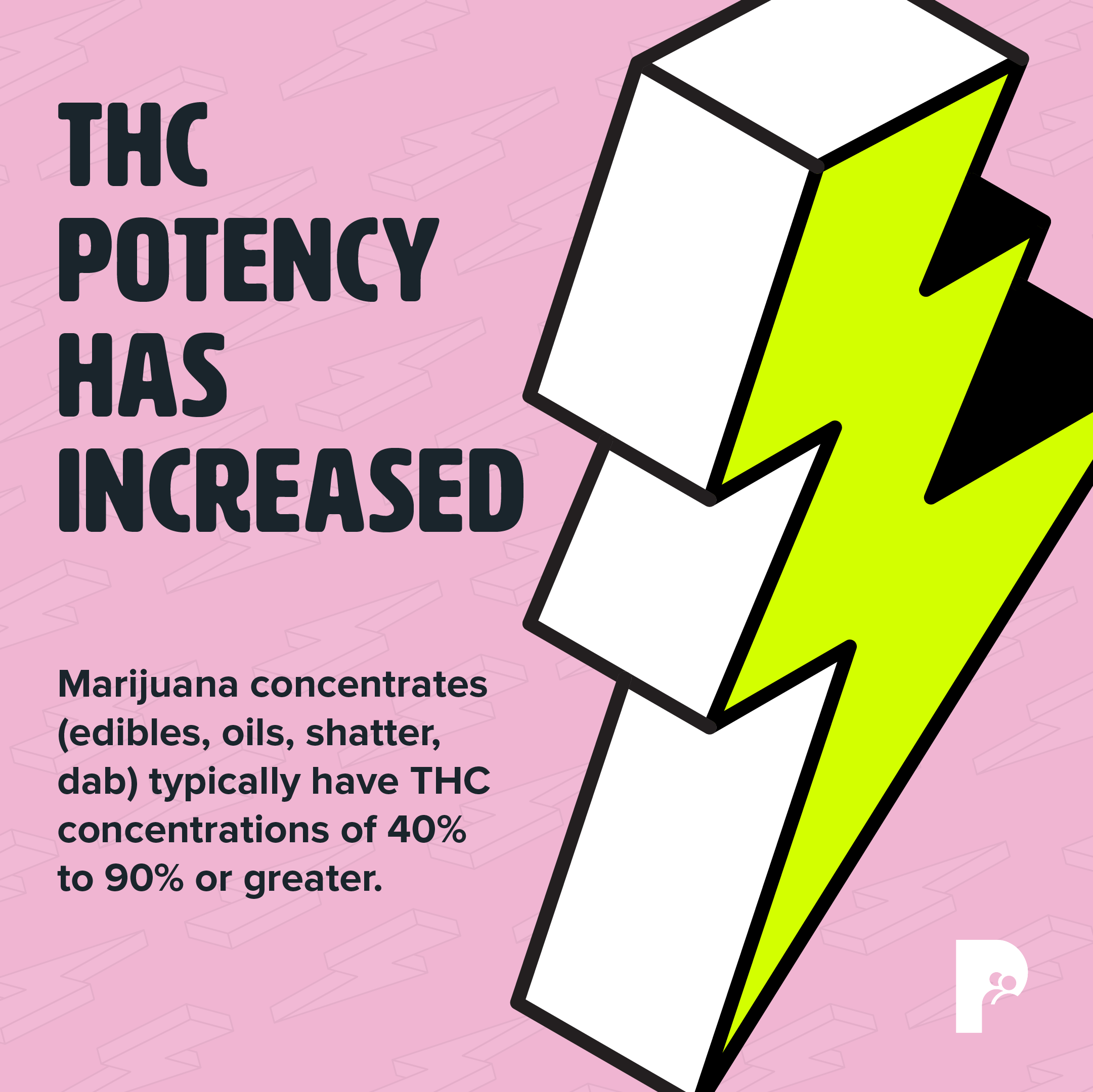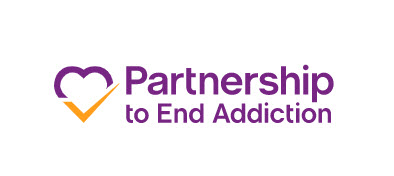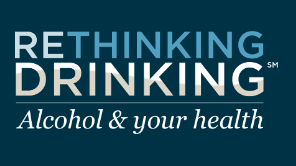Safe Celebrations
Safe celebrations are possible for teens with adult guidance and expectations. Protect the young people in your life by learning some of the guiding principles and starting the conversation now.
Prom, Graduation and Summertime
Summer is a season of enjoyment and celebration! Known for barbeques, pool days, and family vacations, warmer months are a popular time for activities with loved ones. Across the country, young graduates are honoring their accomplishments and preparing to embark on thrilling new chapters. With all of the festivities and excitement that summer brings, it’s important to discuss the dangers of underage and excessive alcohol use with the young adults in our lives. Adults play an important role in positive decision making and can help the youth in their lives develop healthy attitudes around drinking while minimizing risk.
Don’t leave these conversations until the day-of. Ask your teen for a detailed itinerary of their prom night including venues, times and contact numbers. Be clear with teens about all of the consequences and dangers that can come from driving while intoxicated, from loss of license and fines to the risk of severe injuries or death.


One of the biggest safety concerns during this season is auto crashes. Often, young drivers have been drinking, they’re overtired, or are simply distracted by texting or a car-load of friends. Ensure you are aware of your child’s mode of transportation and there’s measures in place to keep them safe (such as a designated driver or ride share service).
Many caregivers feel that they’re alone in not wanting their child to attend parties where alcohol is being served. The truth is, the vast majority of adults are not ok with underage drinking. Talking with other parents and caregivers about expectations for social gatherings can help ease anxiety and ensure that everyone is on the same page.


Hosting an after party is one way to ensure that your child is able to celebrate in a safe and supervised environment. Remember, providing alcohol to minors is against the law and the consequences extend beyond drinking and driving. Keeping your child healthy and safe should always be the primary concern.
Underage Summer Drinking: By The Numbers
- Youth use alcohol for the first time during the summer months more so than any other time of year. On an average day in June or July, more than 11,000 youth/young adults drink alcohol for the first time.
- When teens drink, they are binge drinking 90% of the time. While binge drinking, teens are more likely to engage in risky sexual behavior, are at an increased risk for physical and sexual assault, are more likely to use an illicit drug, or experience alcohol poisoning.
- The period between Memorial Day and Labor Day has been called “The 100 Deadliest Days”. Nine of the ten deadliest days for youth on U.S. highways fall between May and August, often caused by drinking and driving.
Are you worried about your teens’ relationship with alcohol?
Engage in the following steps to prevent underage drinking:
Open Communication
Research suggests that one of the most important factors in healthy child development and youth drinking behavior is a strong, open relationship with a trusted adult. Approach conversations around alcohol with love and compassion, emphasizing that your primary concern is for their health and safety. Establish yourself as a trustworthy source of information when it comes to substance use. It’s far better for teens to seek out your expertise than to learn from unreliable sources such as the media or their peer groups.
Set Rules
Teens crave clear and consistent boundaries and consequences. Setting expectations around acceptable behavior related to alcohol consumption is one way to discourage substance use and empower teens to make positive decisions. Despite the fact that many adults think their kids don’t listen to them, caregiver disapproval is still the number one reason youth choose not to drink alcohol. Make sure your teens know where you stand.
Monitor Activities
Summer can be an incredibly exciting and hectic time for both teens and adults. It’s important to remain attentive for signs that may indicate risky behavior. Know each day what the youth you care for have planned, where they will be, with whom, and what their schedule is. Have planned “check-ins.” Unmonitored kids are four times more likely to engage in substance use or other risky behaviors.
Reserve Time for Family
Although it’s developmentally normal for teens to become increasingly independent, it is essential to invest your energy into maintaining a good relationship and spending time together as a family. Focus on creating quality time together. This can look like eating dinner, working on a project, volunteering, or taking a class together.
For information on the early warning signs of substance use, visit our Reducing Substance Use page.
Talking Points for a Safe Celebration
Prom, graduation, and end of school-year celebrations are a right-of-passage for many teens. While we should encourage our children to enjoy these milestones, having conversations around expectations for responsible behavior is necessary. Check out the following tools and talking points to set you up for a successful dialogue.


Step 1: Listen and Speak with an Open Mind – One of the reasons that teens don’t always confide in the adults in their life is because they believe that they won’t be taken seriously, or that their problems are trivial. Listen from their point of view and keep the lines of communication open.
Conversation Tips
- Engage in the conversation as if you were listening to a friend
- Ask for their opinion
- Don’t interrupt or correct, just listen
Step 2: Get Curious, Ask Deeper Questions – By asking open-ended questions, you can help teens think through potential scenarios involving alcohol or other substances. Showing curiosity, rather than lecturing, can be an effective tool for helping create boundaries and expectations.
Conversation Tips
- Avoid accusations like “I know that you’re drinking”. These types of statements can close your child off from having an open dialogue with you.
- It’s helpful to have talking points, but don’t stick to a strict agenda. Give them a chance to talk and ask questions, and let the conversation flow organically.
- Don’t wait to have the conversation until the very last minute (ie: dropping your teen off at a party and saying “remember, no drinking”).
Examples
- “What do you think would happen if your ride home from the party started to drink? What would your plan be?”
- “What do you think are some of the reasons kids drink?”
- “What are some of the things you’re looking forward to after graduation? How do you think those would be affected if you make mistakes with alcohol or substances?”
- “What would you do if any of your friends started to exhibit signs of alcohol poisoning? Do you know what those signs are?”
Step 3: Continue the Conversation – Having frequent, short conversations about alcohol and substance use takes the pressure off trying to get all the information out at once. Use everyday situations like meals or car rides as opportunities to start open, honest conversations. Reinforcement is crucial! The more it becomes a regular topic, the more natural these types of dialogues will be.
Who is driving? Are they driving themselves or renting a limo?
Get a complete itinerary, including who your teen will be with, addresses and phone numbers for the prom location, as well as any after-parties your teen plans to attend.
Does your teen know how to contact you throughout the evening? Consider arranging specific check-in times, and make sure you can contact your teen throughout the night.
Communicate with your teen specifically about how they would handle difficult situations such as being offered a ride by an intoxicated driver, being offered alcohol or drugs, or pressure to have sex. Be sure to provide instruction on how best to deal with problems that may arise.
Find out who will be supervising the prom and after-parties. Be sure to speak directly with any adults supervising after-parties your teen wishes to attend
Encourage them to have fun! Your ultimate goal is the safety and wellbeing of your child, and it’s important that your teen knows that’s where your concern comes from. Ultimately, this is an incredibly exciting time for your child, and you want them to be able to enjoy it fully!
Helping Teens Develop an Exit Strategy

It’s normal for teens to fear punishment and harsh consequences from their caregivers if they find themselves in uncomfortable or unsafe situations. However, it’s important to show your child that their safety and wellbeing are your top priority by developing an exit strategy with them. An exit strategy is a plan you have practiced at home that your child can use to leave a situation they don’t want to be in. It requires planning, trust, and communication.
- Developing a code word or phrase is one of the most common exit strategies. With the availability of cell phones and texting, this is a discreet but effective way to get the message across. When they use the code word, you will know they’re asking for your help to get out of a tricky situation.
- Develop a healthy relationship. Ultimately, an exit strategy is about building trust while giving your growing teen more freedom to make and handle their own decisions. Youth who know their caregivers have their backs are better equipped to make the right choices.
- Build trust. “No questions asked” rapport with your teen won’t be effective if you breach the trust that was initially established. If you follow through on your end, they will be more willing to reach out again if they ever find themselves in an uncomfortable situation. If you break the agreement, you risk losing their trust completely.
- Give them options. Make sure your teen has the numbers of other family members and trusted adults in case you are not able to be reached.
In 2004 the New Hampshire (NH) legislature passed a law (RSA 644:18) to hold party hosts responsible for the actions of underage participants. This law can be applied to any adult.
What can happen to hosts under this law?
Under this law, a person who hosts a party where minors drink alcohol or use drugs may be charged with a misdemeanor, fined up to $2,000, and/or spend a year in jail.

The Stronger Than You Think campaign supports open conversations between parents, caregivers, or adults who have strong relationships with young people, and the young people in their lives about expectations around substance use and age-appropriate boundaries, planning safe activities and accountability, and educating about the risks and consequences of using any substance. The campaign encourages you to talk with the youth in your life about the risks associated with marijuana/cannabis and cannabis derivatives, prescription medications, stimulants, alcohol, and other drug use, and the difference between adult use and youth use. Your opinion and involvement makes a difference—it’s much stronger than you think.

Navigating conversations around underage drinking with teens can be a challenge. SAMHSA’s “Talk. They Hear You.” campaign has free resources to help set you up for a successful dialogue.

By guiding teens toward healthy challenges, you can help them satisfy a desire for risk-taking, avoid negative consequences and bolster their confidence and leadership skills. Learn how to identify healthy risks with this resource from the Partnership to End Addiction.
Research shows that teens and young adults do believe their caregivers should have a say in whether they drink alcohol. Learn more about what you can do with this resource from the National Institute on Alcohol Abuse and Alcoholism (NIAAA).

Health campaign where young adults in NH share their reasons for not overdoing it with alcohol. What’s your reason?
Studies show teens who spend more time with their caregivers have better social skills, higher self-esteem, and are less likely to engage in risky behaviors. Make quality time with your child a priority using these ideas and activities.

Curious if you drink too much? Want to learn about the safe limits of alcohol use and recognize when it is a problem? Find tips and strategies for making a change with your drinking and ways to reduce your risks.

The Doorway NH is a statewide service that supports any NH resident, of any age, with a substance, alcohol or mental health concern.


